Which pop stars deserve a blue plaque in their honour?
- Published
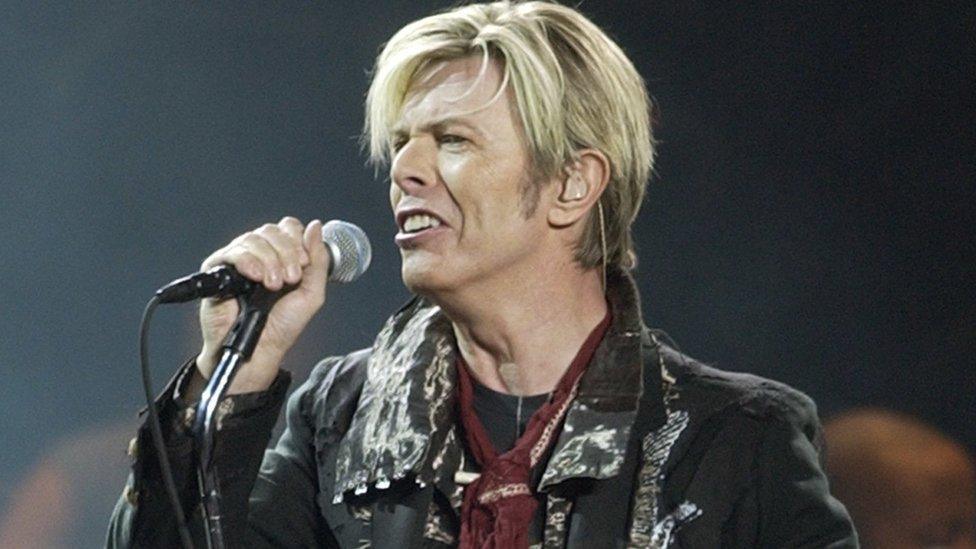
David Bowie already has a plaque but who else deserves one?
Rock and pop's most influential figures are to be honoured with blue plaques on BBC Music Day this year - and you can decide who gets one.
Over the next week, every BBC local radio station in England and the Channel Islands is accepting nominations for a local artist (or venue) that changed the course of musical history.
The winners will be honoured with a plaque on a building where they lived or a venue where they became famous.
To be considered the nominee must be:
Innovative
Influential
Successful
Dead
The candidates will be submitted to The British Plaque Trust - and the 40 recipients will be unveiled on Friday, 9 June as part of BBC Music Day.
Surprisingly few pop musicians have one - with a notable exception being David Bowie, who is honoured at the location of the photoshoot for The Rise and Fall of Ziggy Stardust in London's West End.
But who else deserves one? To get you thinking, here are five people and places that could benefit from a blue plaque.

GEORGE MICHAEL'S SCHOOL IN HERTFORDSHIRE

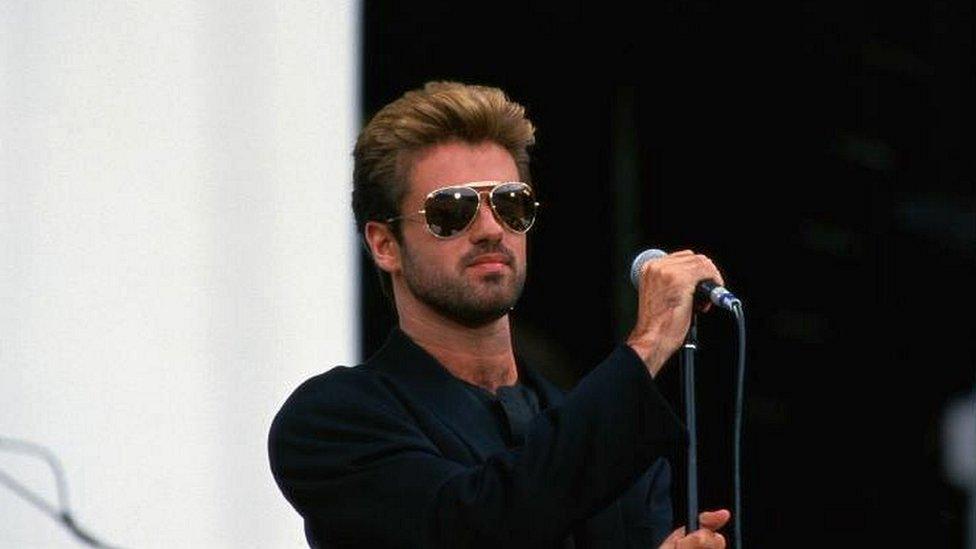
Long before he could grow that designer stubble, George Michael met Andrew Ridgeley at Bushey Meads school and pop history changed forever.
Bonding over a love of music, the duo initially formed a five-piece band called The Executive, who played everything from ska to Beethoven's Fur Elise.
Their friendship was vital in sustaining George through the whirlwind success of Wham! and eventually giving him the courage to go solo.

PEAK CAVERN IN DERBYSHIRE

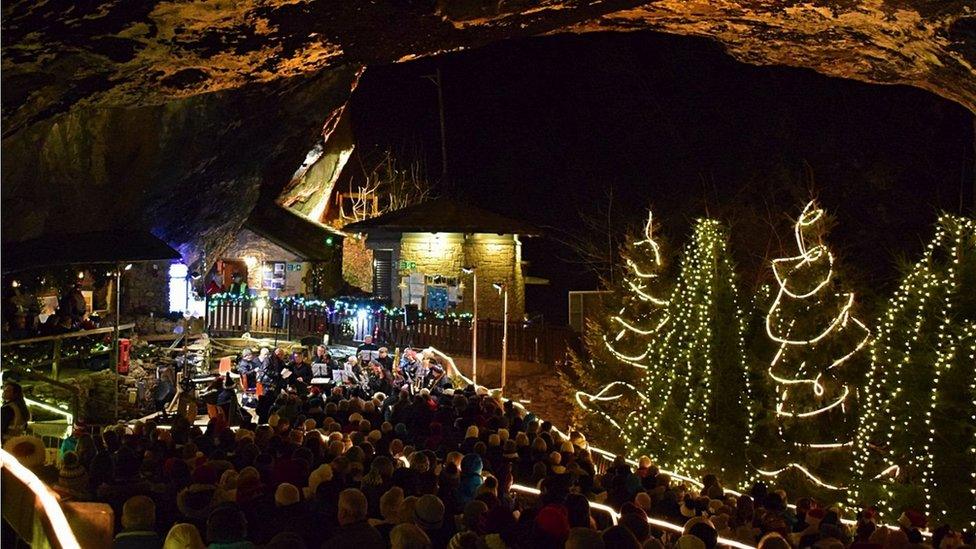
Estimated to be more than 100 million years old, Peak Cavern is undoubtedly the oldest music venue in the UK.
The natural limestone cavern has hosted gigs by the likes of Richard Hawley, Mystery Jets and The Vaccines, who all benefit from the site's remarkable acoustics.
Fun fact: It used to be called The Devil's Arse (because of the flatulent sound caused by flood water draining from the cave) but received a more demure name in 1880, so Queen Victoria wouldn't be offended when she visited for a concert.

FREDDIE MERCURY'S MARKET STALL

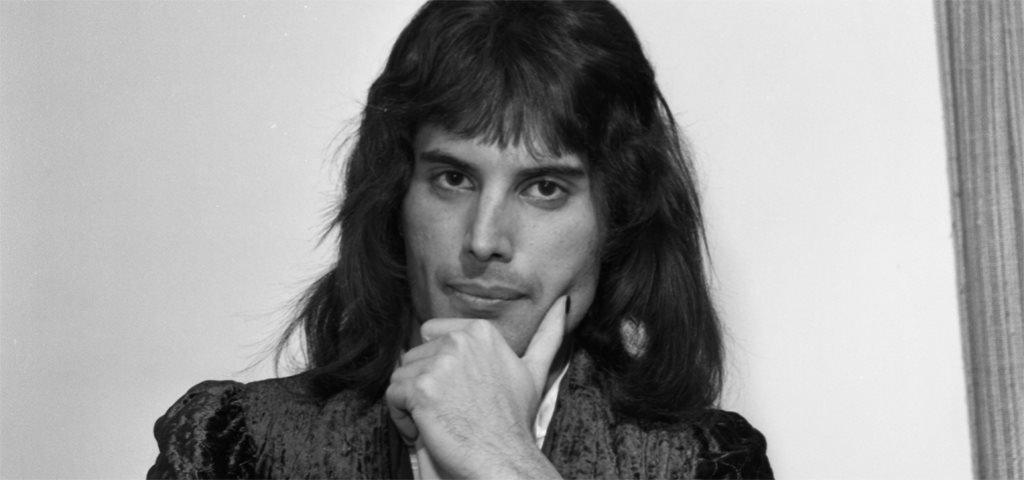
While Queen were still a struggling young pop band, Freddie Mercury ran a stall in London's Kensington Market with drummer Roger Taylor.
They sold clothes and bric-a-brac, as well as a thesis Freddie had written about Jimi Hendrix while attending Ealing College.
The stall did well enough to fund the band in their early days - so much so that they kept it going after Queen released their first album.

DELIA DERBYSHIRE'S CHILDHOOD HOME

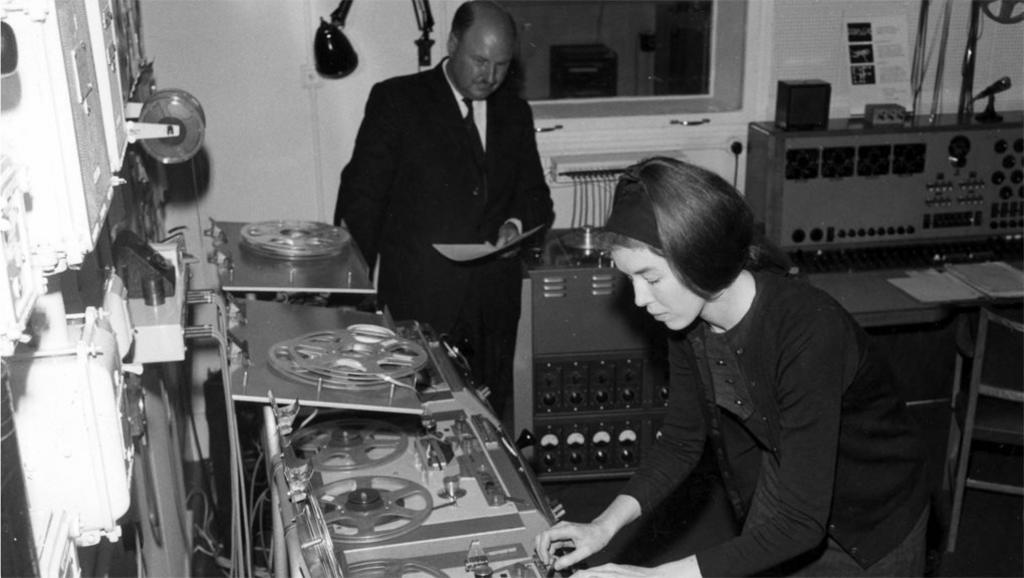
Delia Derbyshire is one of the earliest and most influential pioneers of electronic sound.
Working in a time before synthesisers, samplers and multi-track tape recorders, the musician, assisted by her engineer Dick Mills, created not only the original Dr Who theme but countless other experimental and ground-breaking recordings.
She was born in Coventry, but was evacuated to Preston, Lancashire, during World War Two. A blue plaque at either of her childhood homes would be a fitting memorial.

BEACHY HEAD IN EASTBOURNE

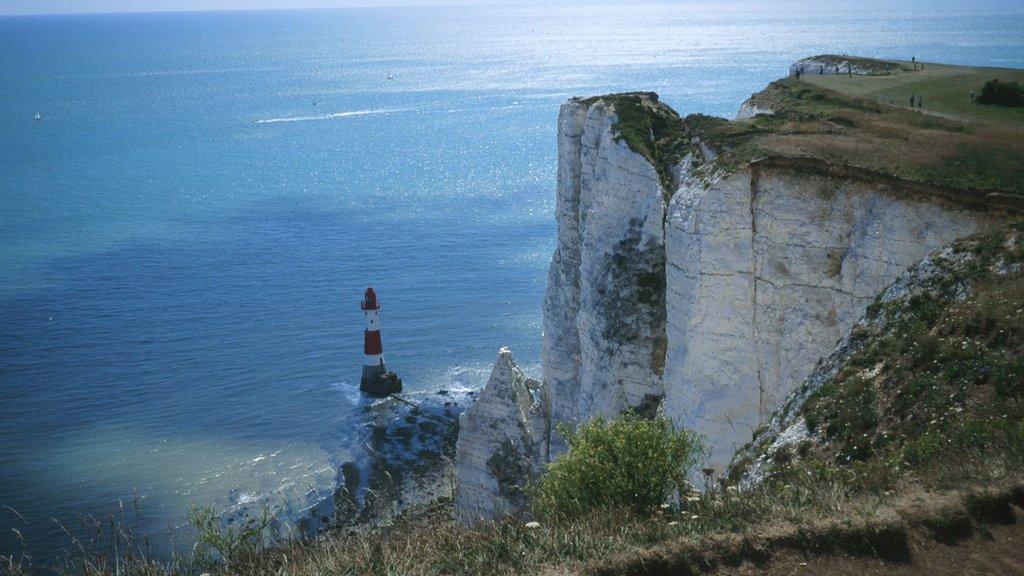
Not the most rock'n'roll of locations, Beachy Head nonetheless deserves its place in music history.
David Bowie filmed elements of the video for Ashes to Ashes there; and The Cure used it as the backdrop for both Just Like Heaven and Close To Me.
Industrial noise terrorists Throbbing Gristle used it in the deeply-ironic cover for their album, 20 Jazz Funk Greats; and, most famously of all, it stars in the final scene of The Who's Quadrophenia, where the young Jimmy throws his scooter over the edge of those chalky cliffs.


To make your suggestion for a musical blue plaque, you can contact your BBC local radio station via email, Twitter or Facebook; or email localmusiclegends@bbc.co.uk. You can also share suggestions on social media using #localmusiclegends.
The British Plaque Trust criteria is to commemorate innovative, influential and successful people who have died - but any genre of music is permissible, and significant locations which have played a part in our musical heritage are also eligible.
The initiative is not a vote - so the final decision on who or what the plaques commemorate, and where they are located, will not be based on the number of suggestions received.
Nominations close at midnight on Sunday, 26 February.

Follow us on Facebook, external, on Twitter @BBCNewsEnts, external, or on Instagram at bbcnewsents, external. If you have a story suggestion email entertainment.news@bbc.co.uk, external.
